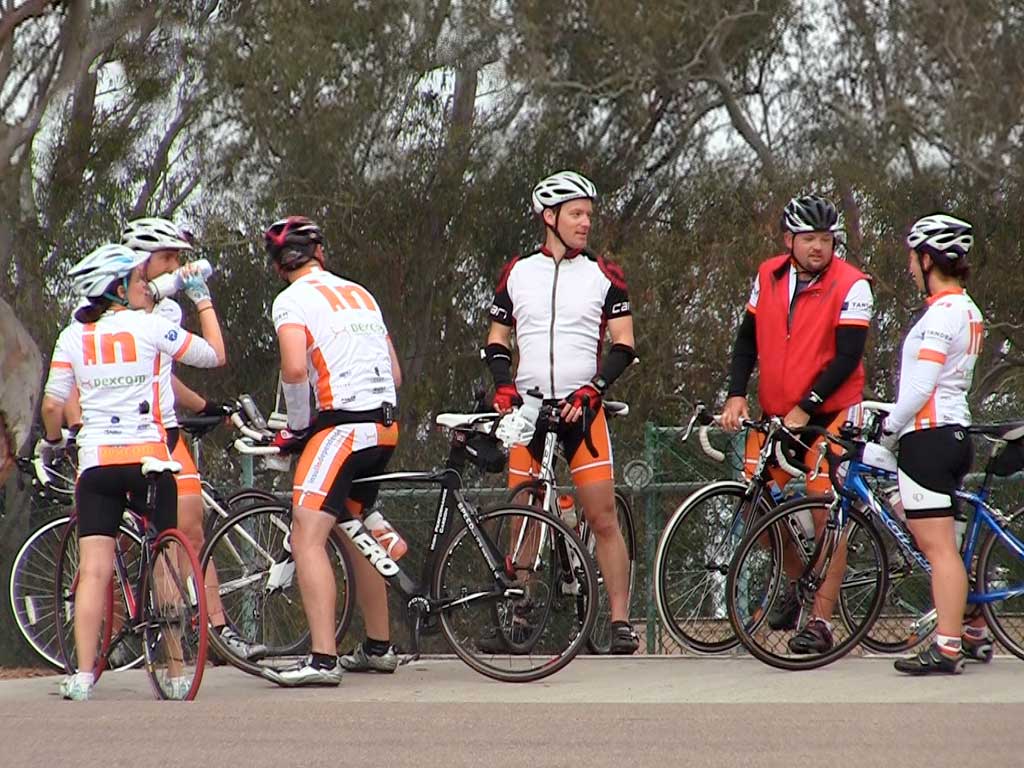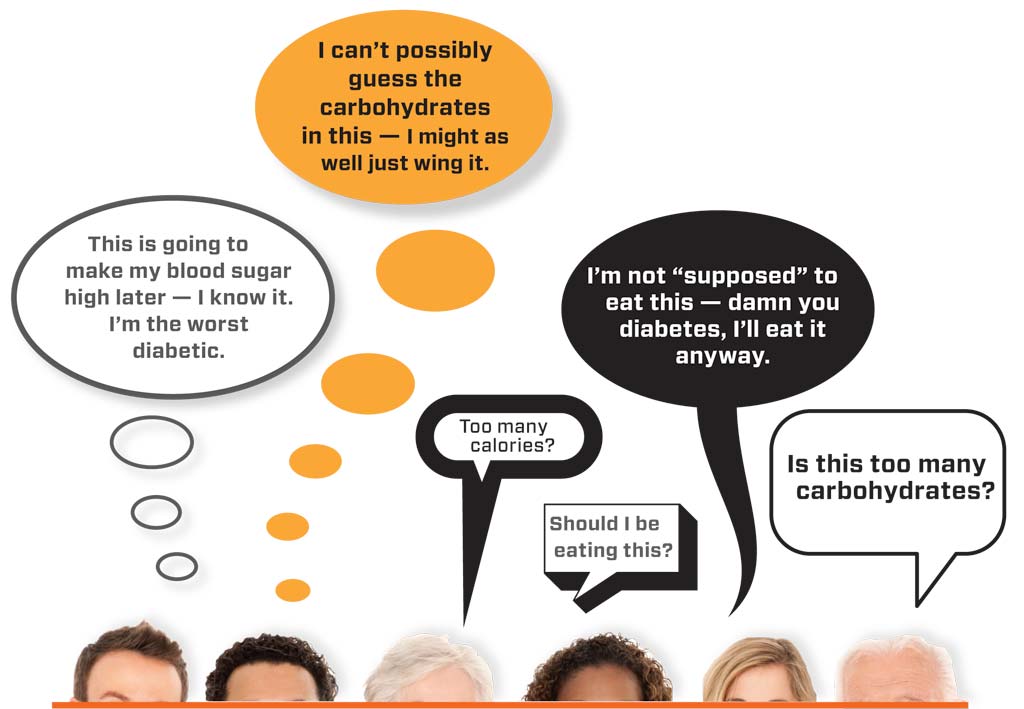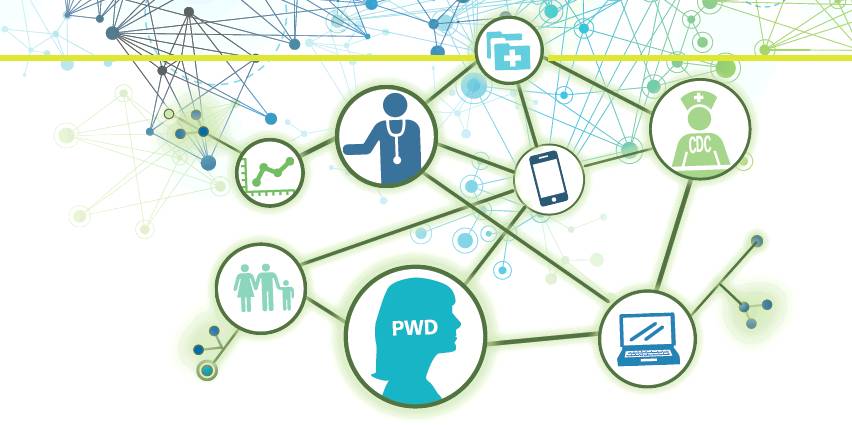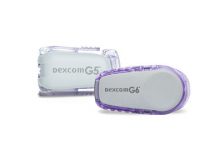You still need Insulin for Low-carb Protein Powder
A quickly digestible source of protein is important after a workout but that protein will impact your blood sugar more than you’d expect
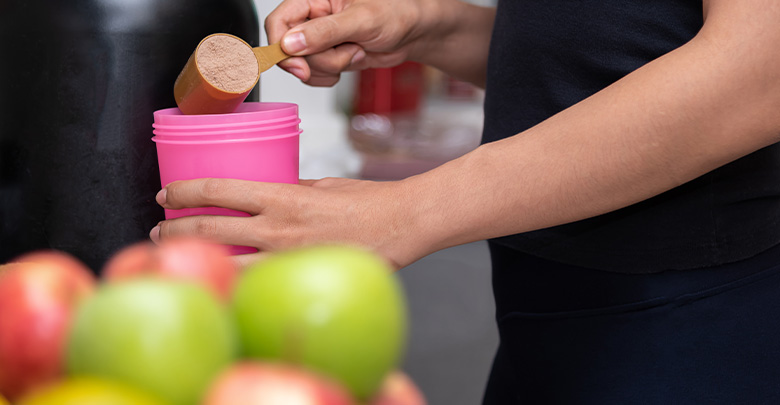
Not all protein is created equal — and this is especially true when it comes to protein powders, whether it’s made from whey, egg whites, grains, veggies, collagen, or bone broth.
The beauty of protein powder is that it gives your body a quickly digestible source of protein right after a workout. Your muscles are craving those amino acids in order to build and grow more muscle after breaking it down during your workout.
Impact of blood sugar
There are three things that cause that protein powder to have a much bigger impact on your blood sugar than you’d expect.
- The protein in a protein powder is already broken-down, making it easy to absorb with little digestion
- Your body needs more than just amino acids after an intense workout
- Your body can’t necessarily make use of all that protein in one sitting
Protein powder is easy to absorb
Have you ever noticed how breakfast cereal spikes your blood sugar incredibly quickly? Like cereal, protein powder is a very processed, broken-down source of calories. It’s so broken-down, in fact, that your stomach has far less digestion work to do compared to eating a chicken breast or a veggie burger. Most of its work is done!
This is a good thing when it comes to getting your muscles the fuel they need to grow and recover after a workout because the amino acids and calories from that protein powder are going to get into your bloodstream quickly.
For those of us with type 1 diabetes, however, this means it’s hitting your bloodstream quickly, and as you learn in the next two sections, some of that protein is easily converted to glucose, too.
More than amino acids are needed after an intense workout
Your body needs more than just protein. It also needs glucose in order to replenish the glycogen stores in your muscles. These stores of glycogen are depleted during your workout because your body converts the glycogen into glucose to then be cycled back to your muscles for fuel. (Read more about this in Insulin Nation’s article on Why Lifting Weights Raises Your Blood Sugar.)
If you don’t give your body carbohydrates after your workout via fruit, oatmeal — whatever — then your body will either produce glucose from the stored glycogen in your liver or it can also make more glucose out of the protein you consume.
Your body — and especially your brain — relies on a second-by-second delivery of glucose in order to function. Your brain cannot run on ketones. Even during a ketogenic diet, your liver is supplying your brain with the glucose it needs to function.
Excess protein gets converted to glucose
This is a bit controversial, but research has been able to pinpoint a middle ground.
“In one study, researchers found that a meal containing 30 grams of protein boosted muscle-building activity by about 50 percent,” explains Monica Reinagel, MS, LD/N, CNS.
“That’s the amount of protein you’d get in a 3-ounce serving of chicken breast or a quarter-pound of lean beef. It turned out, however, that increasing the amount of protein in the meal didn’t create a bigger boost in muscle synthesis. On average, subjects who ate 90 grams of protein at a meal got exactly the same benefit as subjects who ate 30 grams.”
A full serving of protein powder usually adds up to anywhere from 20 to 30 grams of protein. If you’re a 235-pound bodybuilder you’ll likely be able to use more of that 20 to 30 grams than a 120-pound woman.
Many experts in the nutrition world believe that any protein quantity over 20 grams is converted into glucose because your muscles can only absorb and make use of so much protein in one sitting — which is why it’s important if you’re trying to build muscle, that you eat protein several times a day.
At the end of the day, it’s simply important to realize that just because you’re not eating carbohydrates doesn’t mean you’re not feeding your body glucose. Your body’s favorite source of fuel is carbohydrates because that is the quickest, most efficient way to make what it needs to operate: glucose. If you aren’t giving it carbohydrates, it will find a way to get that glucose from other sources.
Insulin bolus is required
How many units of insulin do you need to cover your protein powder drink?
There’s no one-size-fits-all answer to this but there should be a consistent answer for your body if other variables around your protein powder are consistent, too.
Personally, I know that I need 2 units of insulin to cover 2 scoops of Orgain Protein Powder (Amazon) with about 1.5 cups of unsweetened vanilla almond milk. That’s what works for me. Take good notes, check your blood sugar often, and figure out what works for you!

